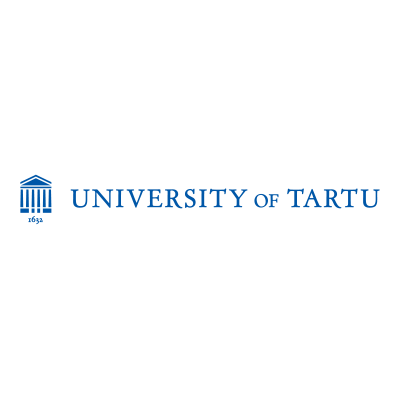oPEN Lab | Project Partner

University of Tartu
Tartu Ülikool
Mobility Lab of the University of Tartu focuses on research topics such as activity spaces, travel behaviour, tourism, segregation, smart cities, ICT use and environmental impacts for pursuing a deeper understanding of spatial mobility. To gain the best probable understanding of spatial mobility, the research group applies both quantitative and qualitative data. One of its main interests lies in the novel methodology based on mobile telephone use and active and passive mobile positioning data. The latter enables researchers to give a more comprehensive insight into individuals’ activity spaces and spatiotemporal regularities than traditional data sources. The Mobility Lab is internationally known for its mobile positioning-based research and development.
